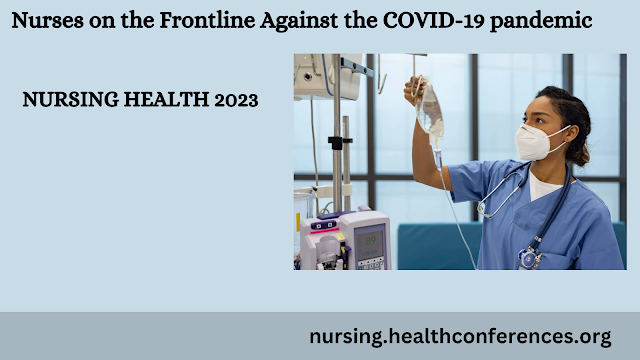Does Aging Affects Fertility and Pregnancy ?
.png)
The prime reproductive years for women are from their late teens to late 20s. Age 30 marks the onset of a reduction in fertility (the capacity to become pregnant). Once you're in your mid-30s, this drop accelerates. By the age of 45, most women's chances of spontaneously becoming pregnant have significantly decreased. The quantity of eggs in a woman's ovaries is fixed from birth. As women age, their egg supply declines. Additionally, older women are more likely to have eggs with faulty chromosomes. Additionally, uterine fibroids and endometriosis are two conditions that might impact fertility and which are more common in older women. Approximately 1 in 4 women will become pregnant during any one menstrual cycle for healthy couples in their 20s and early 30s. One in ten women by the age of 40 will become pregnant each menstrual cycle. Age also reduces a man's fertility, though not as consistently. A later pregnancy for a woman increases the likelihood of problems...
.png)




.png)